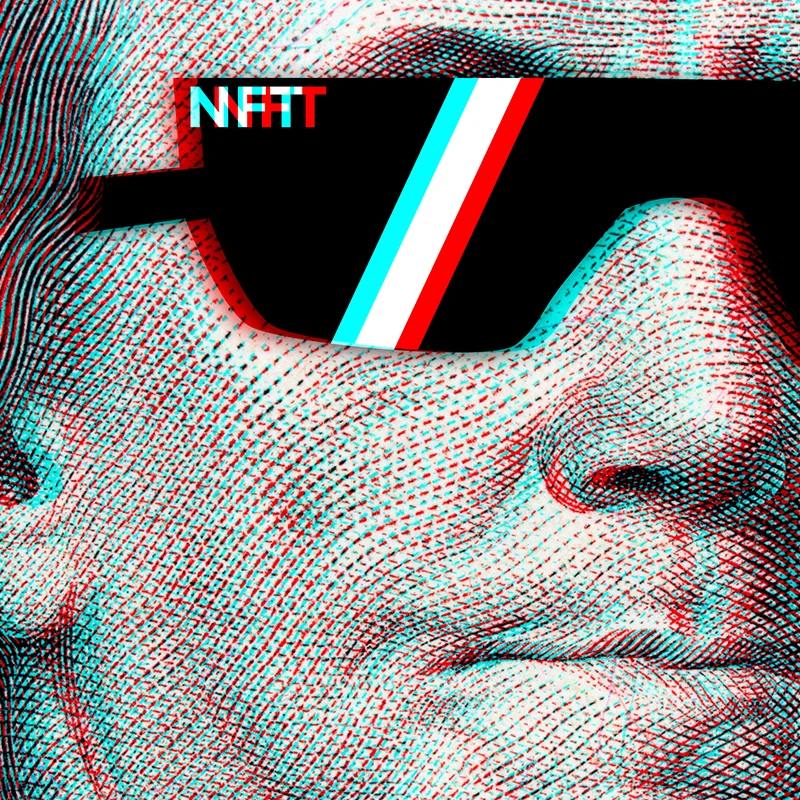Authors
In 2022, Hermès filed a lawsuit claiming the defendant’s “MetaBirkins” NFTs, which depict fuzzy versions of the iconic Hermès Birkin bag, infringe on Hermès’ BIRKIN marks. In particular, Hermès asserted that Rothschild’s unauthorized use of the BIRKIN mark for his NFTs was what gave rise to the lawsuit, and that Rothschild’s misappropriation of the Birkin bag’s famous trade dress and imagery were aggravating factors. The brand’s lawsuit came on the heels of a growing trend of creators releasing NFTs using designs or other intellectual property from third parties.
Notably, the court applied the speech-protective Rogers test for alleged trademark infringement in works of “artistic expression,” as opposed to using the more general balancing test for works primarily intended to serve a commercial purpose. The Rogers test balances the competing considerations between protecting artistic expression under the First Amendment and preventing consumer deception in the commercial marketplace by examining the facts and circumstances on a case-by-case basis. The distinction is important because it means that NFTs may be considered forms of artistic expression that may be entitled to First Amendment protection, rather than general commercial products, for the purposes of making trademark infringement claims.
In the MetaBirkin case, the Court provided jury instructions based on a likelihood of confusion between the MetaBirkin NFTs and the BIRKIN mark based on the following considerations: (1) the strength of Hermès’ “Birkin” trademark, which can be measured through the bag’s association with the Hermès name, as well as the sales, media coverage, and exclusivity of the BIRKIN mark; (2) the similarity of the BIRKIN mark with the NFTs; and (3) the chance of consumer confusion, actual confusion, competition for consumers, and the consumer’s level of sophistication.
Rothschild insisted that his NFTs are works of art protected by the First Amendment and compared his NFTs to Andy Warhol’s famous silk-screen prints of Campbell’s soup cans. The parties also contested the net confusion rate among potential NFT buyers as surveyed by Hermès’ expert witnesses. Moreover, Hermès provided evidence that it had concrete and realistic plans to produce and sell its own NFTs using the BIRKIN mark.
After weighing all the facts and evidence, the jury sided with Hermès, finding the defendant liable for trademark infringement, trademark dilution, and unlawfully cybersquatting on the MetaBirkins.com domain name. As part of the verdict, the jury awarded Hermès $133,000 in total damages ‒ $110,000 to account for profit and resale commissions and $23,000 in damages for cybersquatting.
The jury rejected Rothschild’s First Amendment defense, appearing to conclude that the NFTs were really consumer products rather than “artistic expression” deserving of First Amendment protection, which is significant for trademark liability and First Amendment protection for NFT projects going forward. Although it is important to evaluate each NFT project individually to determine its purpose and intent, the decision should be seen as a victory for brands and will likely affect future cases in determining the application of the speech-protective balancing test to NFT projects.
Application of the Rogers test demonstrates the role that the First Amendment continues to play in the context of trademark rights and enforcement in the virtual world. This tension between brand owners and artists in the metaverse is far from over, but the fundamental principles of federal trademark law continue to provide brand owners trademark protection in emerging digital spaces, and the role of the First Amendment continues to protect artistic creation.
For brands, artists, and consumers navigating and operating in the virtual world, this case paves the way for brands to protect against the unauthorized issuing and sale of NFTs using their marks or designs. It also foreshadows potential issues to be litigated in the future. Accordingly, brands may want to proactively assess their trademark portfolios, the relevant protections they have in place, and whether they need to consider expanding those protections to account for the rise of the virtual world due to their business interests or brand connections.
Client Alert 2023-048



